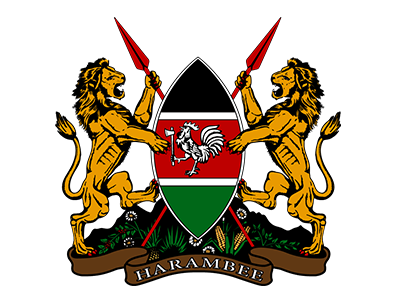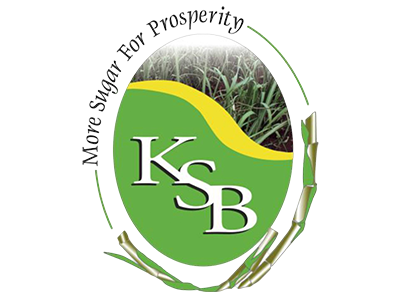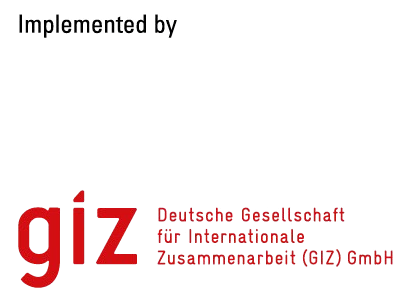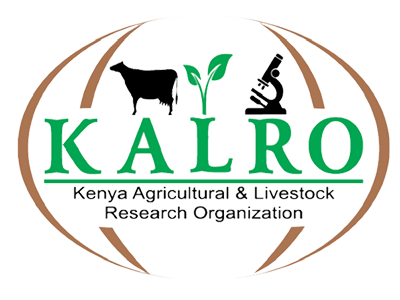Agroecology has emerged as an approach to address the many challenges facing current agri-food systems such as climate change, soil degradation, biodiversity loss, and environmental pollution. Understood as the application of ecological and social principles to the study, design and conduct of agriculture, agroecology promotes several principles and elements which provides a fresh impetus to rethink sugarcane systems, but also creates yet untapped opportunities for youth. Such principles include soil health, recycling/circularity, input reduction, synergies, and biodiversity. Degraded soils has seen significant decline in sugarcane productivity, but agroecology through circular economy provide opportunities for production of organic fertilizers, biochar, and other soil health amendments, including from hitherto considered waste products such as bagasse, press-mud, potash, etc. Agroecological practices are climate smart and include conservation agriculture, permaculture, organic agriculture, integrated pest management (IPM), soil and water conservation, eco-agriculture, agroforestry, push-pull, etc.
Climate-smart agriculture involves implementing practices that enhance adaption while reducing greenhouse gas emissions where possible. Such practices can increase agricultural productivity, enhance resilience to climate change, and provide livelihood opportunities for different stakeholder groups, including youth. This approach recognizes that conventional agriculture is a contributor to climate change and vulnerable to its impacts, seeking to transform agricultural systems to be more climate-resilient and climate-friendly. By focusing on sustainable productivity, adaptation, and mitigation, climate-smart agriculture helps farmers increase resilience to climate change impacts while maintaining or improving livelihoods. Sustainable productivity can be achieved through practices like agroforestry, conservation agriculture, and integrated pest management. Adaptation measures include planting drought-resistant crops and improving water management, while mitigation focuses on reducing greenhouse gas emissions from agricultural activities.
Youth-centered initiatives can play a crucial role in driving agroecological, climate smart and environmentally sustainable practices within the sugar industry, shaping a sustainable future through innovative approaches and advocacy efforts. These initiatives empower young people to be catalysts for change, in adopting and promoting practices that prioritize environmental sustainability and climate resilience within the sugar industry. This thematic area aims to expose and harness the innovative ideas and energy of youth to address environmental challenges, promote conservation, and contribute to a more sustainable future. Here's a detailed breakdown of the key elements:
- Agroecology and Climate Smart Agriculture:
- Objective: Identify and promote youth-centered initiatives to adopt agroecological and climate-smart agricultural practices in the entire sugarcane system from cultivation, processing, marketing, etc. thereby creating green jobs while enhancing soil fertility, reducing external inputs and waste, and mitigating the impacts of climate change.
- Implementation: Provide training programs and resources on agroecological, climate smart, and sustainable farming techniques that offer opportunities for youth to innovate and create job opportunities in an eco-friendly manner.
- Renewable Energy Integration:
- Objective: Promote the integration of renewable energy sources, co-generation, and less energy-intense processes within the sugar value chain, reducing carbon emissions and fostering energy sustainability.
- Implementation: Facilitate partnerships with renewable energy providers, government initiatives, and technology companies to support youth-led projects that incorporate solar, wind, or bioenergy solutions.
- Biodiversity Conservation:
- Objective: Engage youth in initiatives that contribute to biodiversity conservation, protecting natural ecosystems and promoting a balanced and resilient environment.
- Implementation: Organize awareness campaigns, tree planting events, and collaborative projects with environmental organizations to enhance biodiversity within sugarcane cultivation areas.
- Circular Economy Principles:
- Objective: Promote the adoption of circular economy principles within the sugar industry, emphasizing waste/input reduction, recycling, and sustainable resource use.
- Implementation: Educate youth on circular economy concepts and encourage the development and implementation of programmes and projects that minimize waste, repurpose by-products, and contribute to a closed-loop system.
- Climate Advocacy and Education:
- Objective: Empower youth to become advocates for climate action and environmental stewardship, both within the sugar industry and in broader communities.
- Implementation: Support youth-led awareness campaigns, educational programs, and community outreach initiatives that promote climate resilience, sustainable practices, and environmental consciousness.
Happy Innovating!








